CLOSE
Mon. - Fri. 8 a.m. - 7 p.m. (Continuous hours)
Sat. 8.00 - 15.00
T. 0432 574163
E. info@salusalpeadria.it

CLOSE
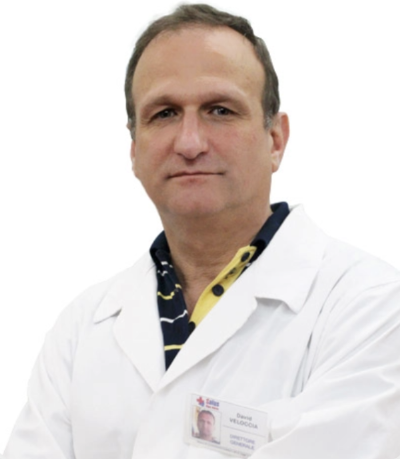
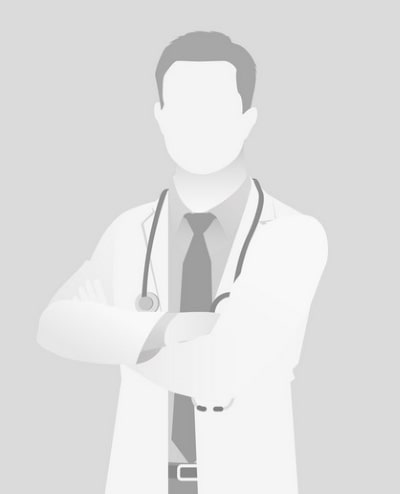

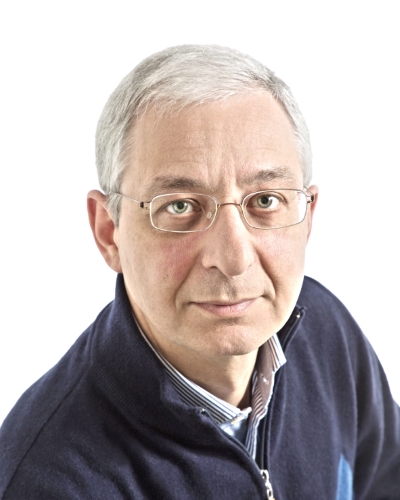



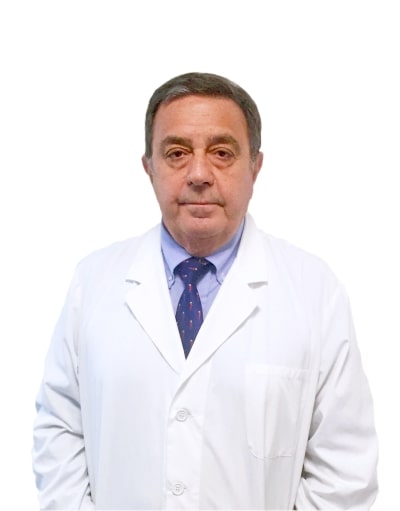


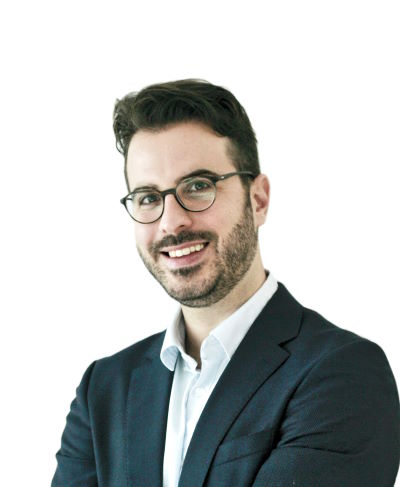

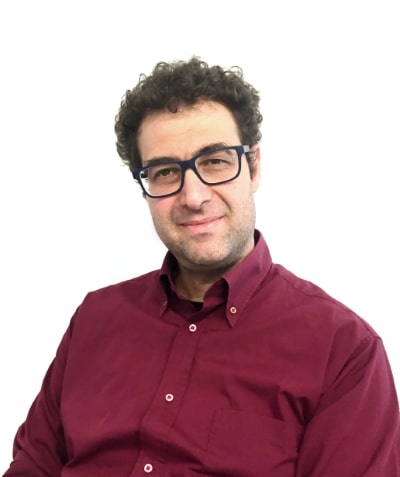
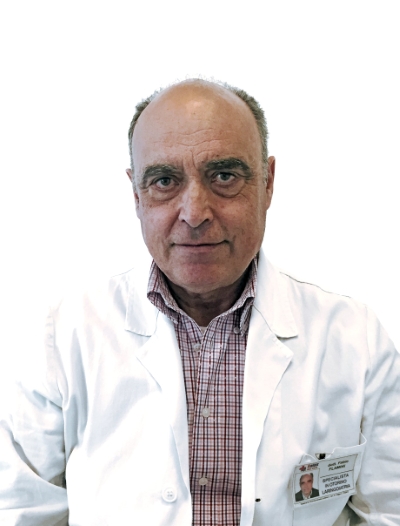
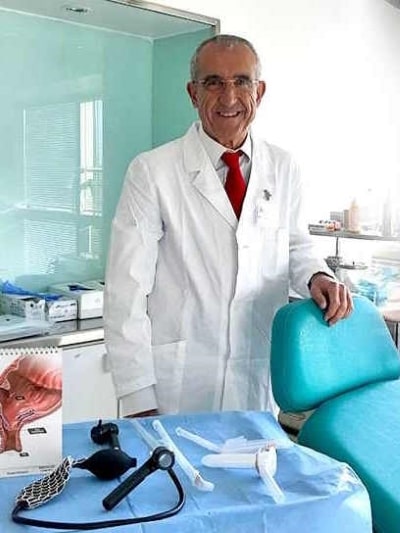
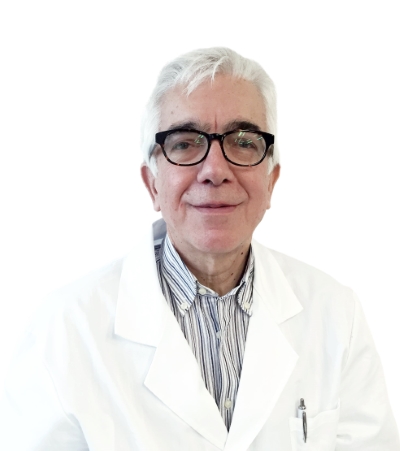


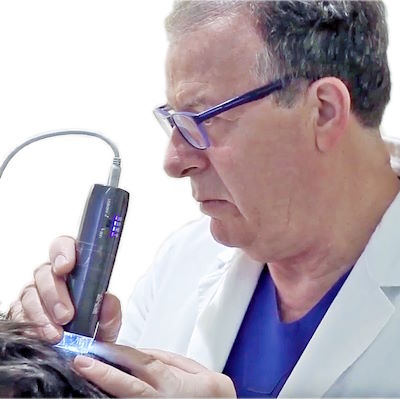
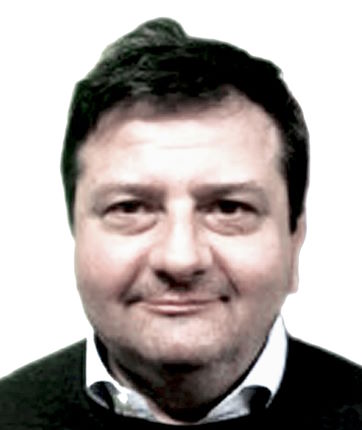


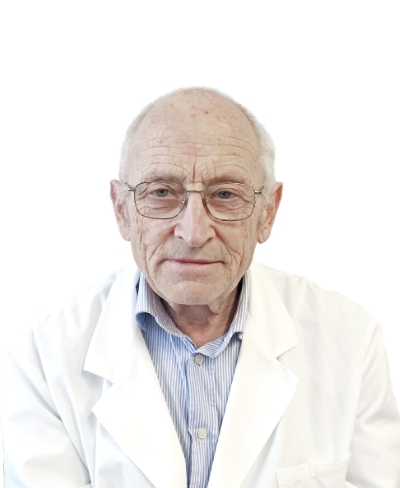

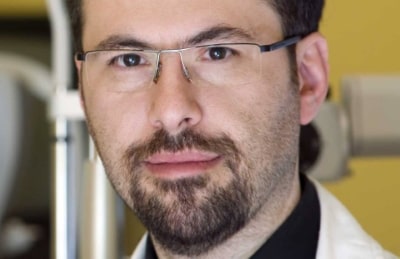

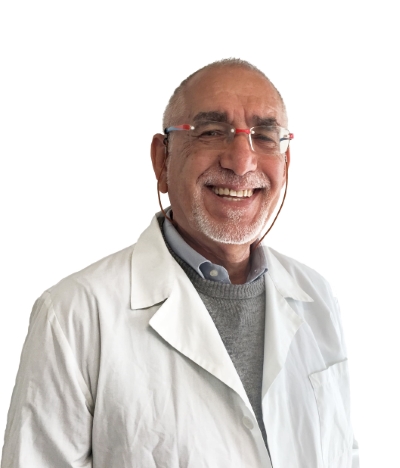
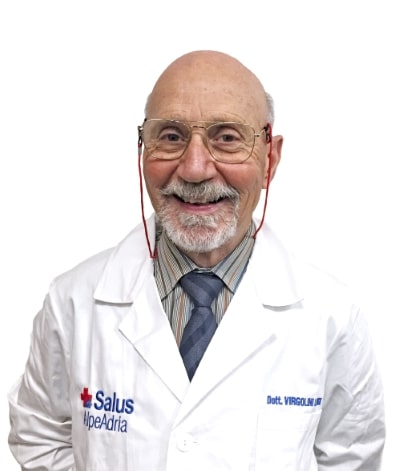
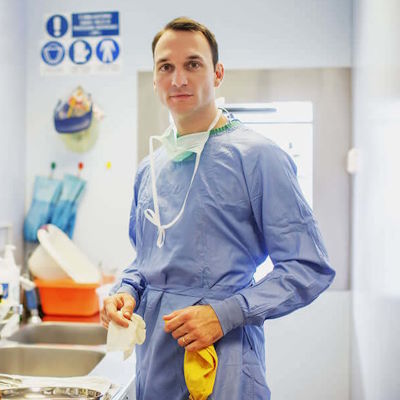


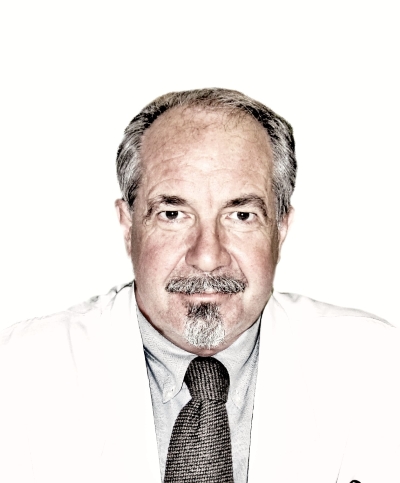
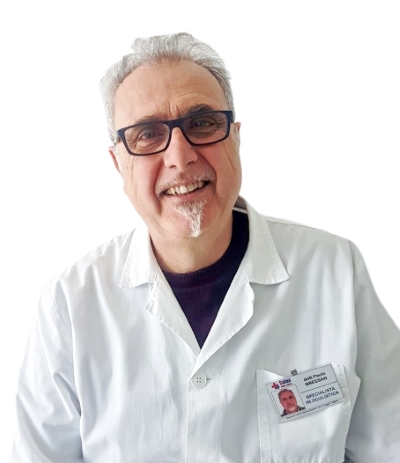
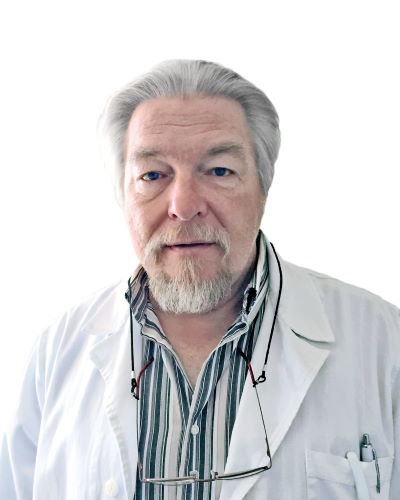
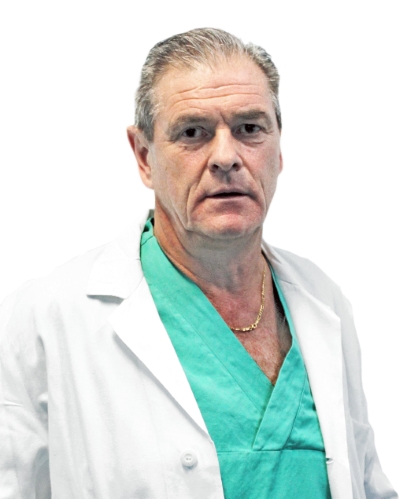



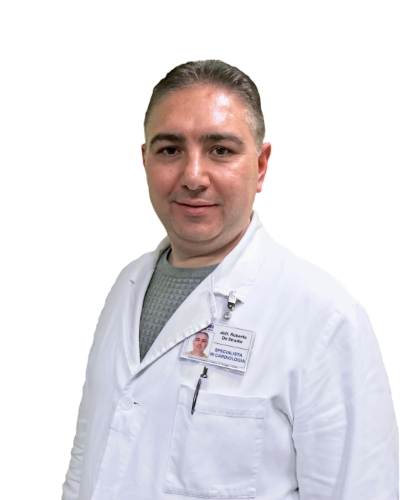

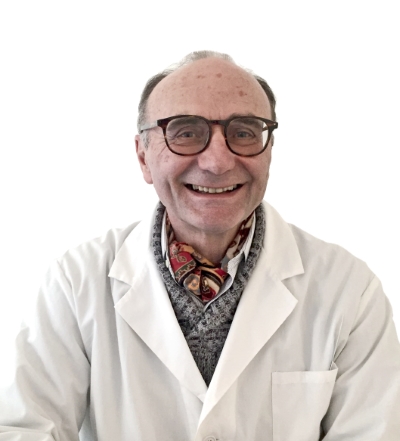


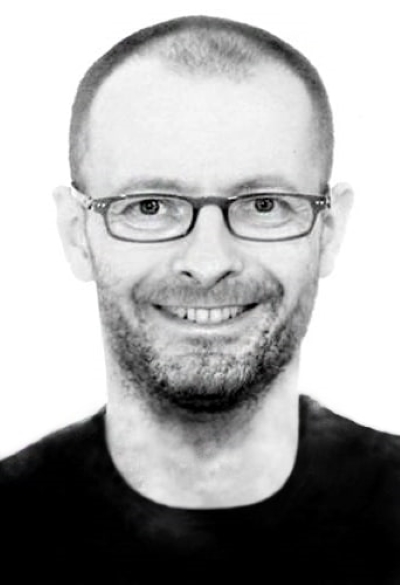
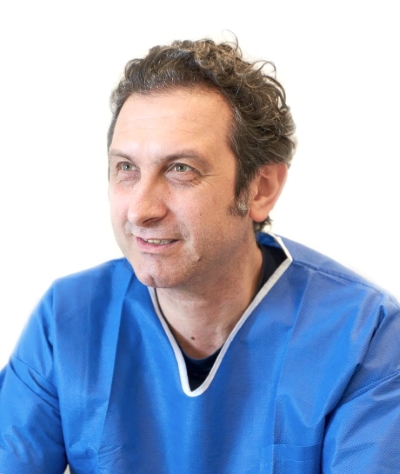


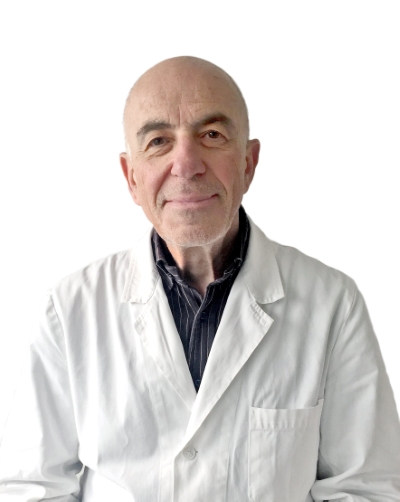


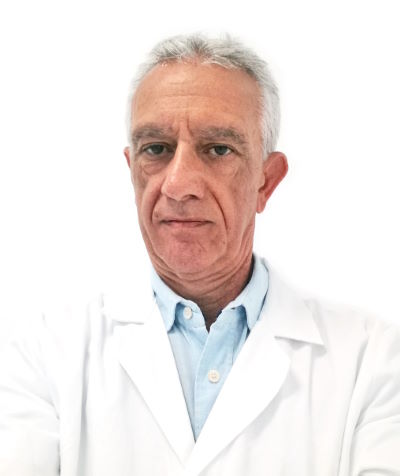
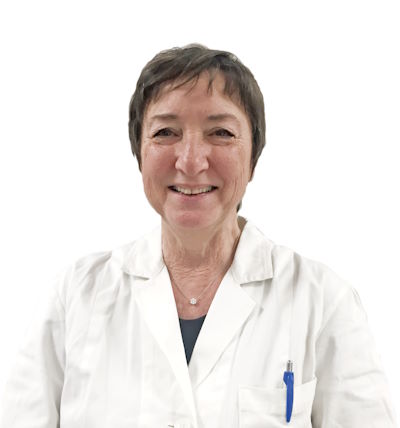
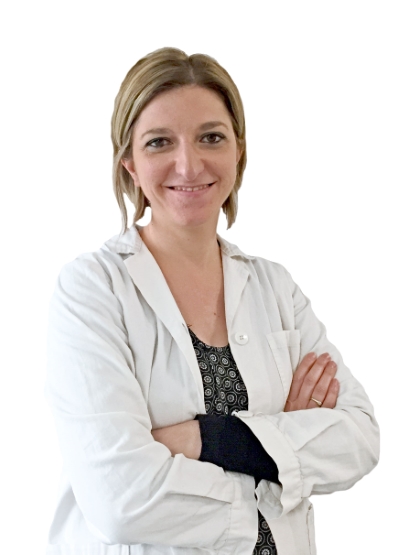
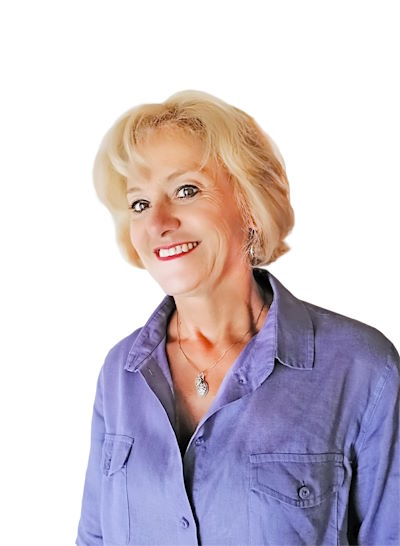
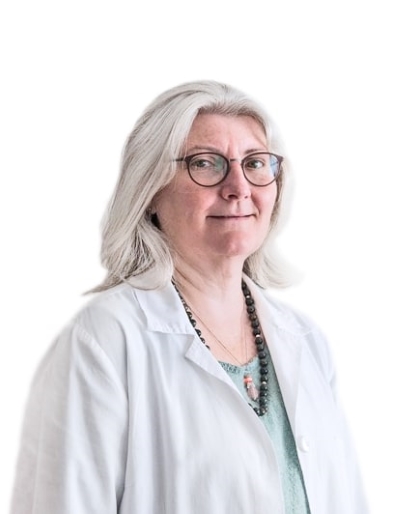
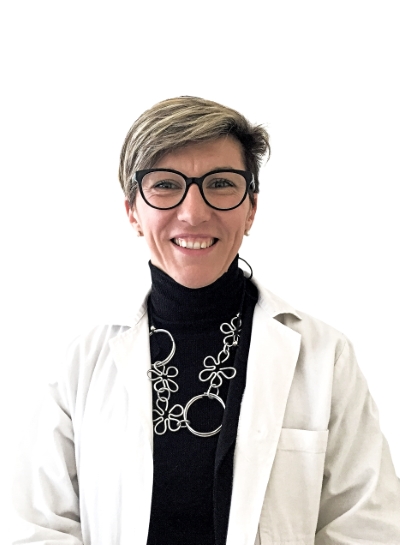
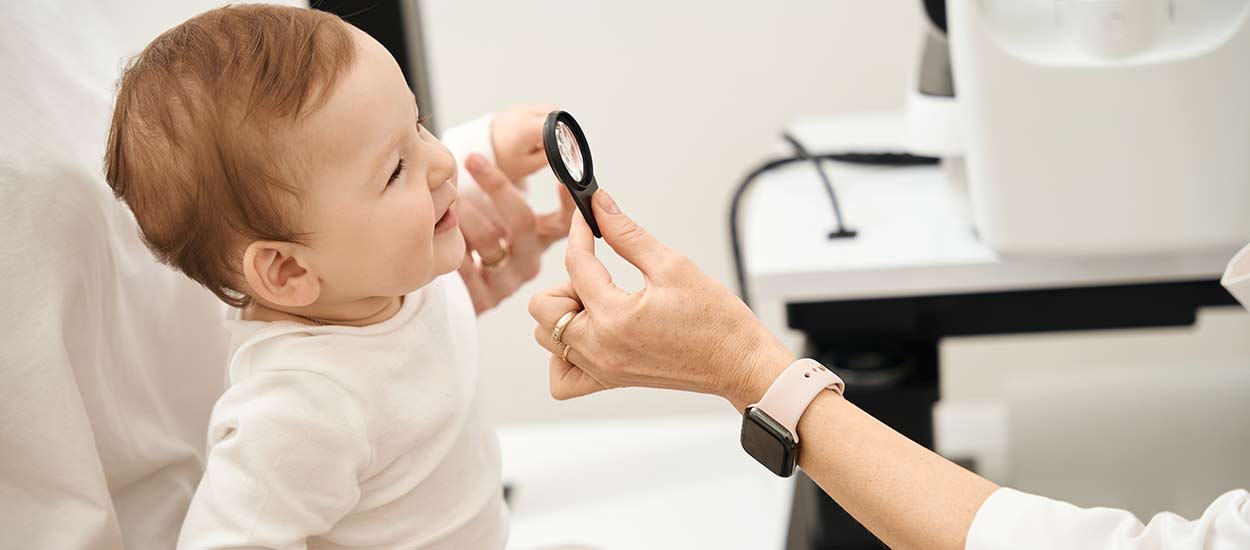
Before school
The psycho-physical effort that the child puts into school is considerable and visual efficiency is crucial to optimise this high energy consumption.
Parents must be able to pick up on certain signals that may come directly from the child or indirectly from teachers and classmates. For example, the abnormal position of the head, which is bent slightly to one side, or the tendency to carry the head backwards by raising the chin or conversely downwards, or holding the pencil with excessive force and putting the paper at an angle; indirect signals are reported by teachers to whom the child often asks what is written on the blackboard. Children with learning difficulties should have an eye examination before embarking on courses that highlight more complex problems such as dyslexia or attention deficits.
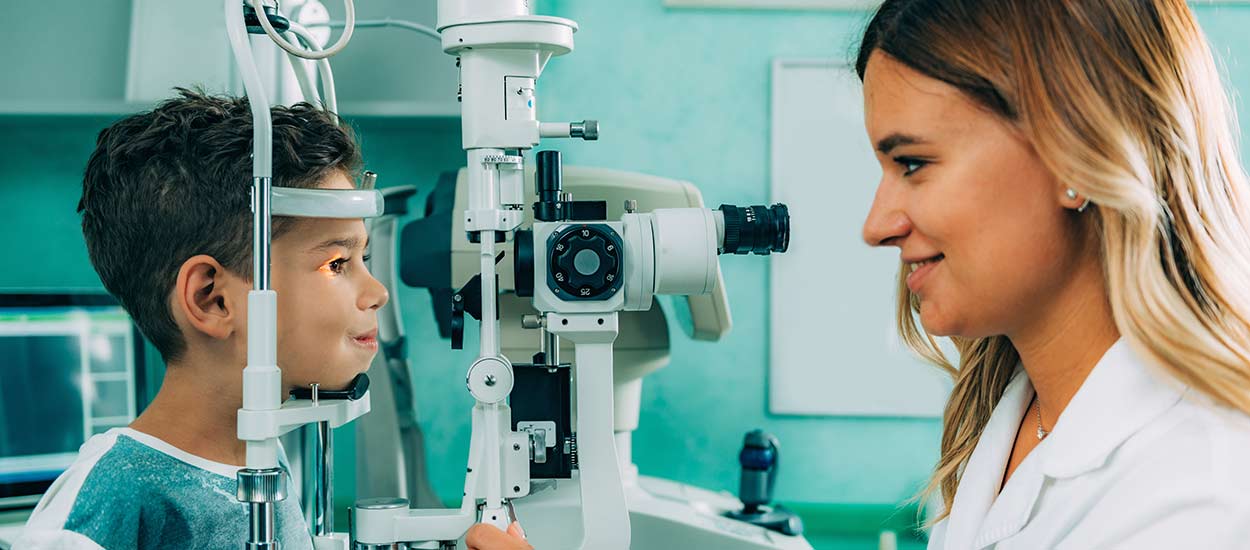
I recommend psychologically preparing the child before the eye examination so that he does not experience it as a stressful moment, explaining to him that the doctors will play games with him with drawings and lights, that it will be fun and not painful, and that at the end of the examination they will put drops in his eyes (cycloplegia to assess visual defects by dilating the pupil and releasing accommodation).
A positive attitude helps to create a relationship of trust between the child, the parents and the ophthalmologist and his staff for future check-ups. It is advisable to maintain an annual frequency even in the case of normal eyesight as the child's eye is constantly changing like the rest of the body.
If glasses or contact lenses are prescribed, it is important that they are used constantly.
The lenses of the spectacles must be made of polycarbonate to withstand the very frequent shocks at this age.
In special cases such as unilateral high myopia that cannot be corrected with contact lenses, it may be resolvable from the age of 7 onwards with laser refractive surgery.
Myopia, astigmatism, hypermetropia associated with possible strabismus should be followed up by the ophthalmologist frequently to optimise visual and learning development at school.
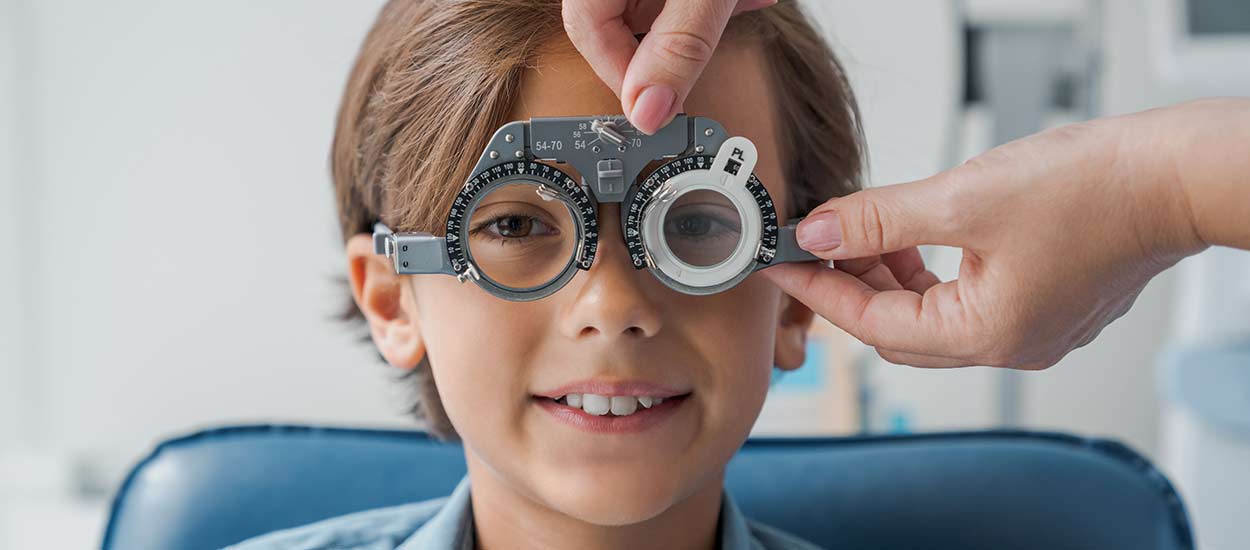
©Salus Alpe Adria s.r.l. 2020
- Aut. Sanitary No. 19 of 09/05/2013
- Prot. 46545/D/TAC as amended
- General Manager: David Veloccia
- Medical Director: Dr Stefano Lautieri
P.I. 02726460302
OPENING HOURS
Monday - Friday: 8 a.m. - 7 p.m. non-stop
Saturday: 8:00-13:00
CONTACTS
Telephone: 0432 574163
Email: info@salusalpeadria.it
PEC: salusalpeadria@legalmail.it